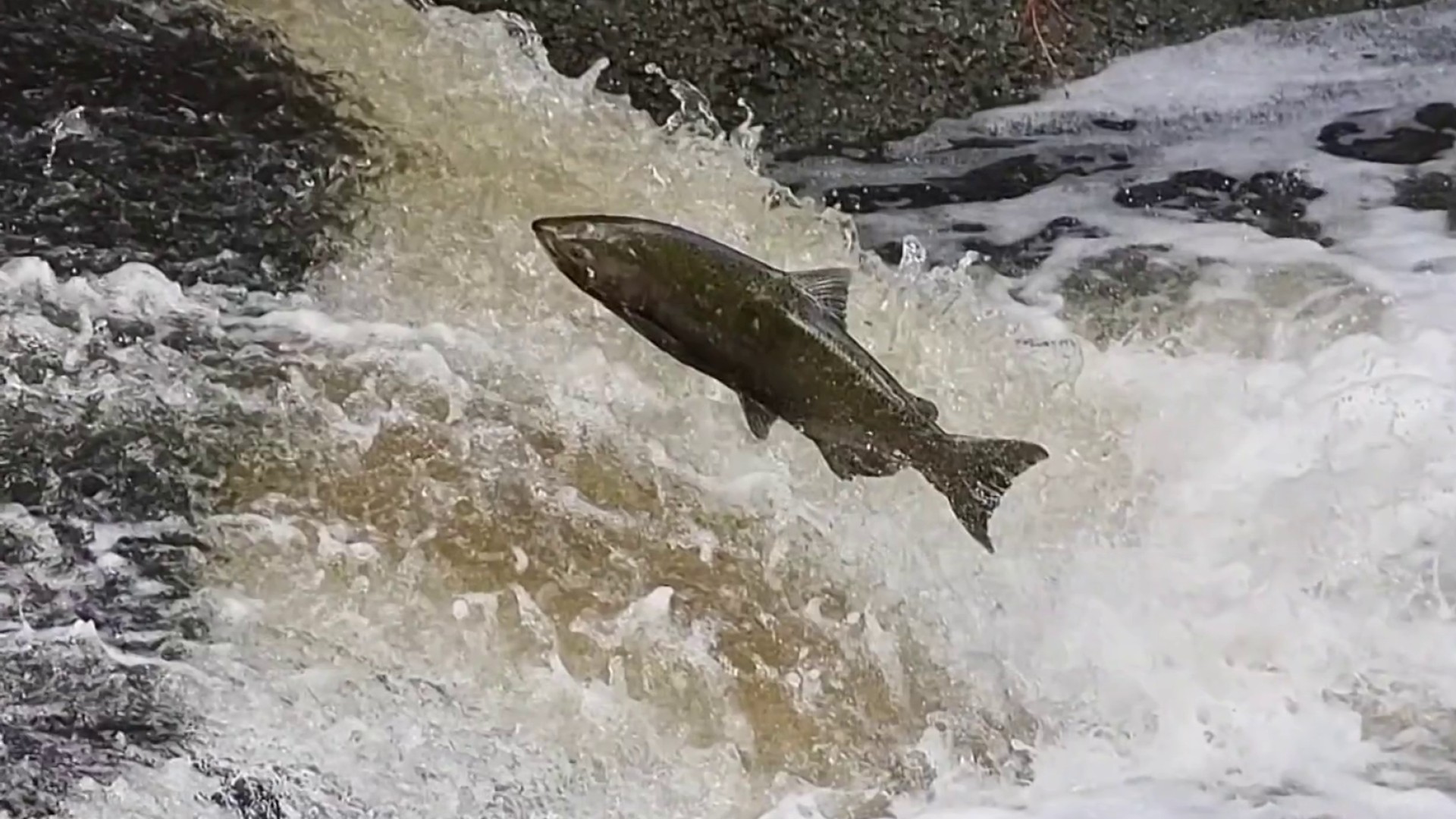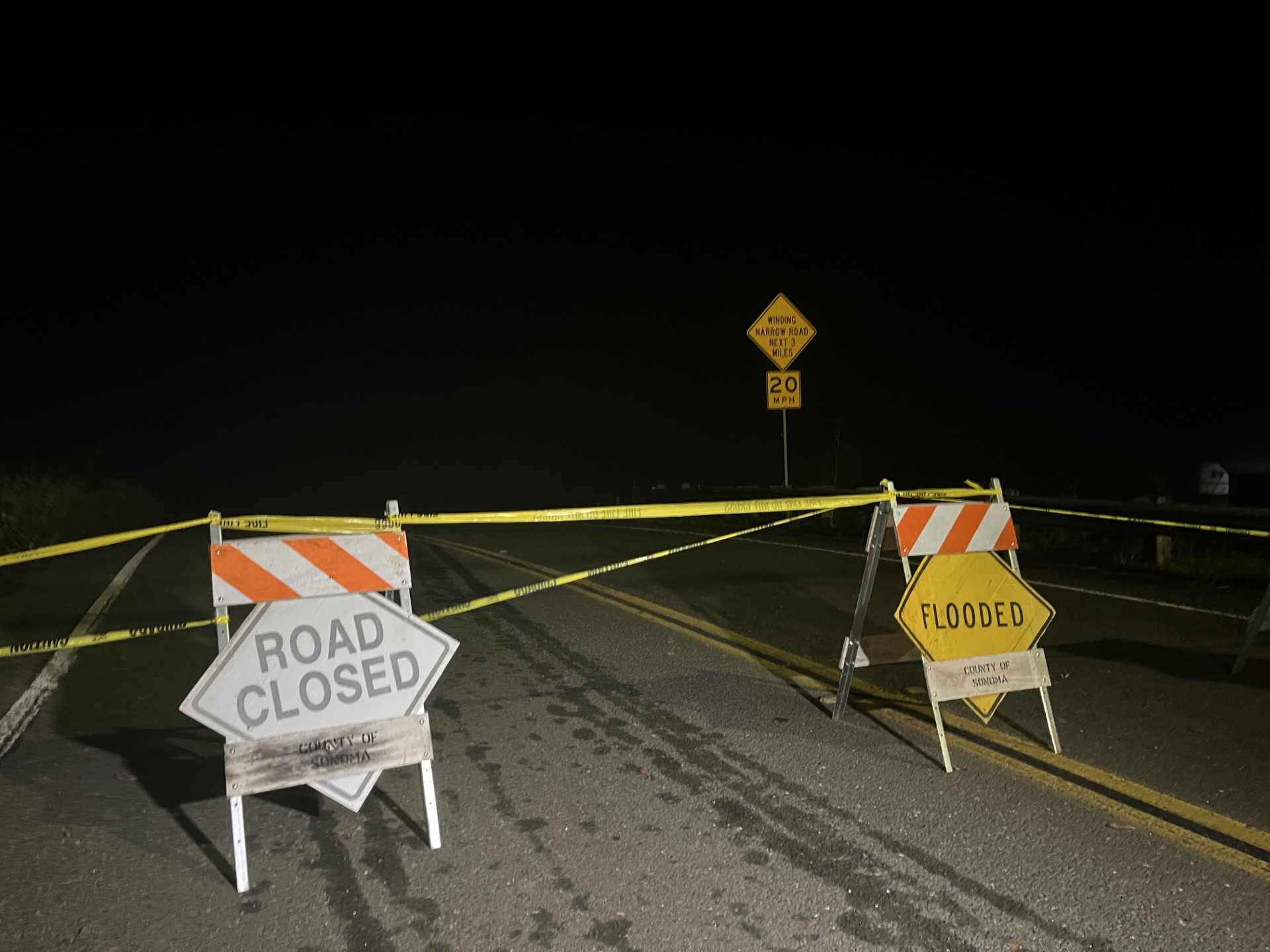Our earth is changing: summers are growing hotter and winters are more unpredictable. There’s simply not enough rain, and there are too many fires.
It’s no longer a question of whether climate change is coming, because as is apparent in the Bay Area, it’s already here.
“We’re really seeing the signs of warming loud and clear in the data,” said Zeke Hausfather of The Breakthrough Institute.
Consider the data from a Berkeley weather station that’s operated since the 1800s. It used to record an average of five days per year with temperatures over 85 degrees. But in the last decade, it’s averaged 15 days per year with temperatures over 85, and some years it’s more than 30 days.
Scientists say that without action, temperatures in the Bay Area will rise 10 degrees on average by the end of this century.
California’s fire season knows no bounds, with fires now even in January. That’s because the warming planet is leading to shorter rainy seasons, drier vegetation and blistering winds.
There are actually fewer fires than there were a few decades ago, but they burn five times as much land.
Local
“The fire season this year has really brought the reality of climate change home,” said Hausfather.
Climate change has reduced summer fog by 35%, impacting the health of iconic redwoods in west Marin.
In the next 30 years, sea levels are expected to rise one to two feet, and as many as seven feet by the end of the century.
In west Oakland, homes, a wastewater treatment plant and even the new eastern span of the Bay Bridge are vulnerable.
“There are a number of low points that would be flooded, in some cases permanently flooded, with even just three feet of rise,” said Heather Cooley of the Pacific Institute. “There are a lot of issues when we think about sea level rise, and it really requires a lot of different groups to come together.”
Scientists say this is a sobering point in history where immediate action to curb human impact on the environment won’t necessarily make things better, but rather will stop them from getting worse.




